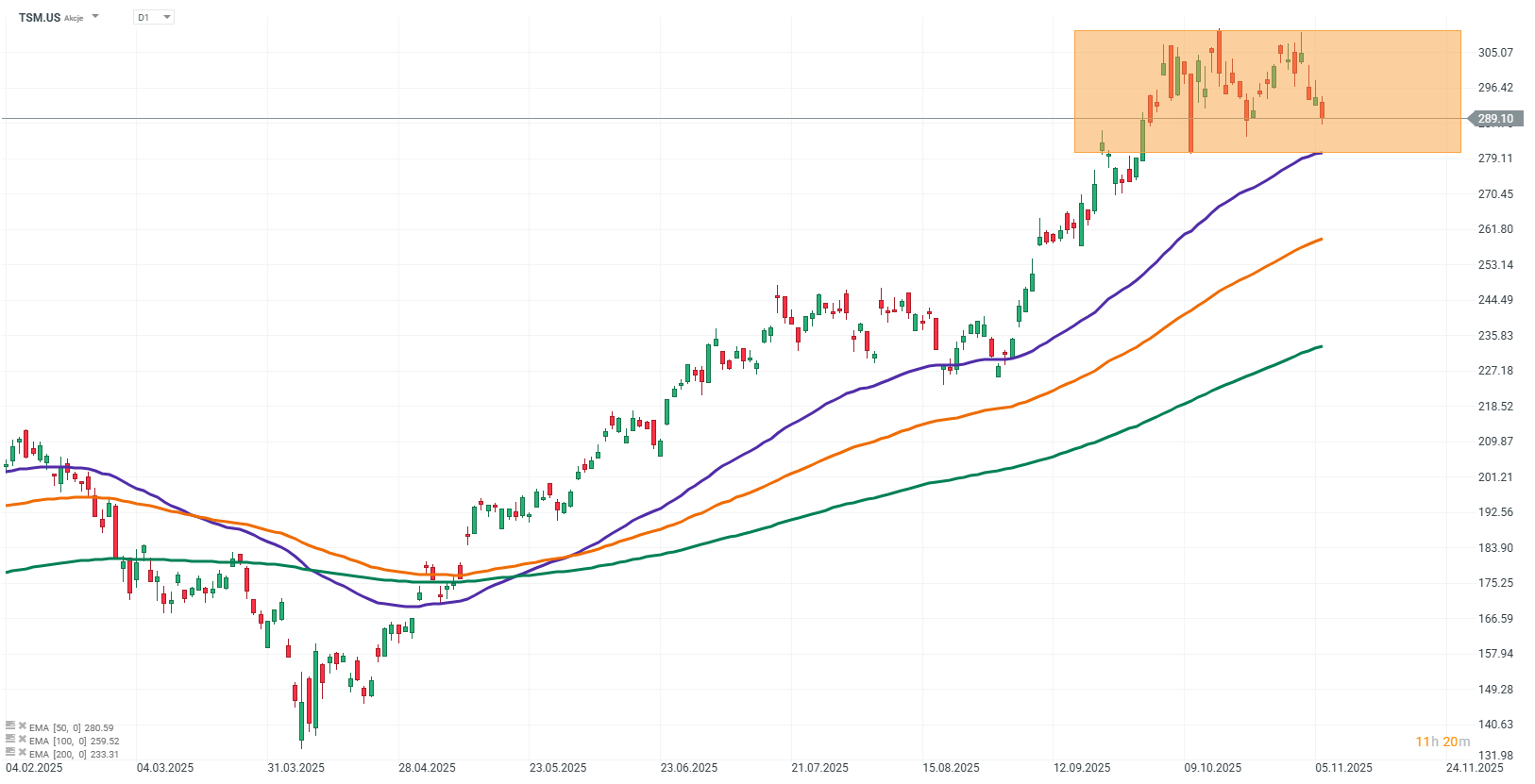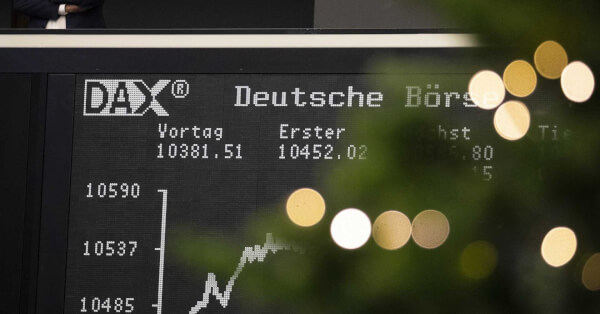- TSMC’s price increases apply to chips for Apple, Samsung, and other Android manufacturers.
- Higher production costs may lead to higher prices for flagship smartphones and computers or lower margins for device makers.
- For TSMC, the increases mean higher revenues and potential margin improvement due to its leading position in the advanced chip market.
- TSMC’s price increases apply to chips for Apple, Samsung, and other Android manufacturers.
- Higher production costs may lead to higher prices for flagship smartphones and computers or lower margins for device makers.
- For TSMC, the increases mean higher revenues and potential margin improvement due to its leading position in the advanced chip market.
Taiwan Semiconductor Manufacturing Company (TSMC), the world’s largest contract chipmaker, has announced an 8 to 10 percent increase in prices for its most advanced processors, effective from 2026. The changes will affect chips used in flagship smartphones, high-performance computers, and artificial intelligence systems, including Apple processors and key chips from major Android manufacturers.
The largest cost increase concerns the new 2-nanometer production process, which will power next-generation devices. Higher costs are driven by TSMC’s substantial investments in factories and advanced equipment required to manufacture these chips. Smartphone and computer manufacturers will need to decide whether to absorb these higher costs within their margins or pass them on to consumers, potentially impacting the prices of new devices.
Apple plans to use 2-nanometer processors only in select iPhone 18 models, indicating that costs may limit the availability of the latest technology across the full product range. Similar challenges are expected for Samsung, Qualcomm, and MediaTek, which could result in higher prices for flagship Android smartphones in 2026.
The price increases also have financial implications for TSMC. Higher chip prices will contribute to revenue growth, and thanks to its dominant market position, the company can maintain or even improve profitability despite rising production costs. TSMC’s clients will need to decide whether to pass higher costs to consumers or reduce their own margins, affecting device prices or hardware manufacturers’ profitability. Over the longer term, TSMC’s pricing policy reflects broader industry trends – higher costs for advanced chip production are becoming the new norm, while the company benefits from growing demand for AI and high-performance chips, strengthening its financial and market position.

Source: xStation5

DE40 dips 3% and falls to 2026 lows 🚨📉

Middle East conflict ramps up a gear as energy price spike rips through markets

Chart of the day 🚨OIL surges 5% putting pressure on Wall Street

🚨 EURUSD deepens decline, falls to key support zone
This content has been created by XTB S.A. This service is provided by XTB S.A., with its registered office in Warsaw, at Prosta 67, 00-838 Warsaw, Poland, entered in the register of entrepreneurs of the National Court Register (Krajowy Rejestr Sądowy) conducted by District Court for the Capital City of Warsaw, XII Commercial Division of the National Court Register under KRS number 0000217580, REGON number 015803782 and Tax Identification Number (NIP) 527-24-43-955, with the fully paid up share capital in the amount of PLN 5.869.181,75. XTB S.A. conducts brokerage activities on the basis of the license granted by Polish Securities and Exchange Commission on 8th November 2005 No. DDM-M-4021-57-1/2005 and is supervised by Polish Supervision Authority.


